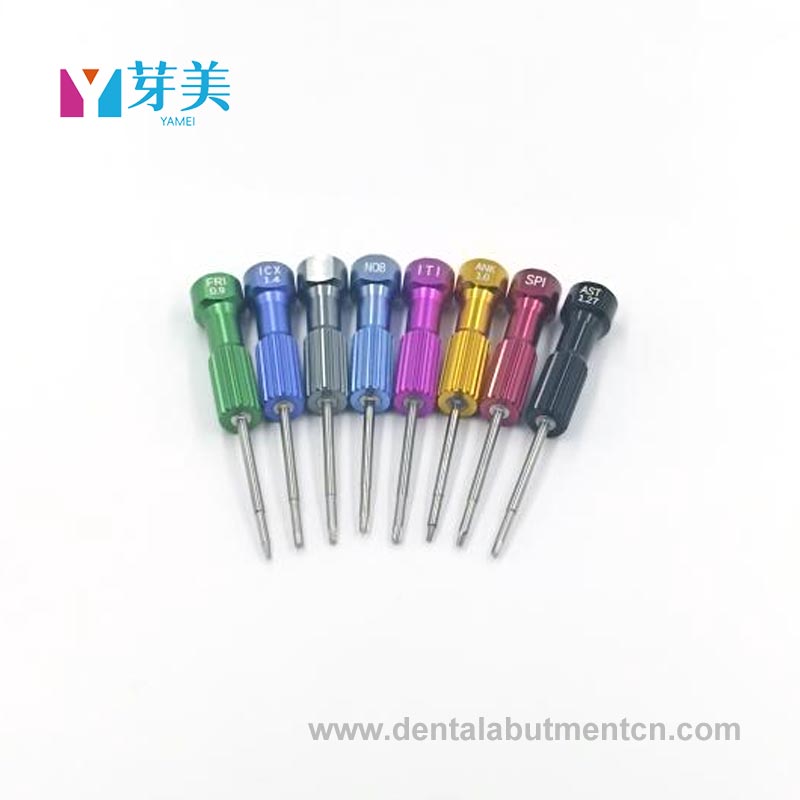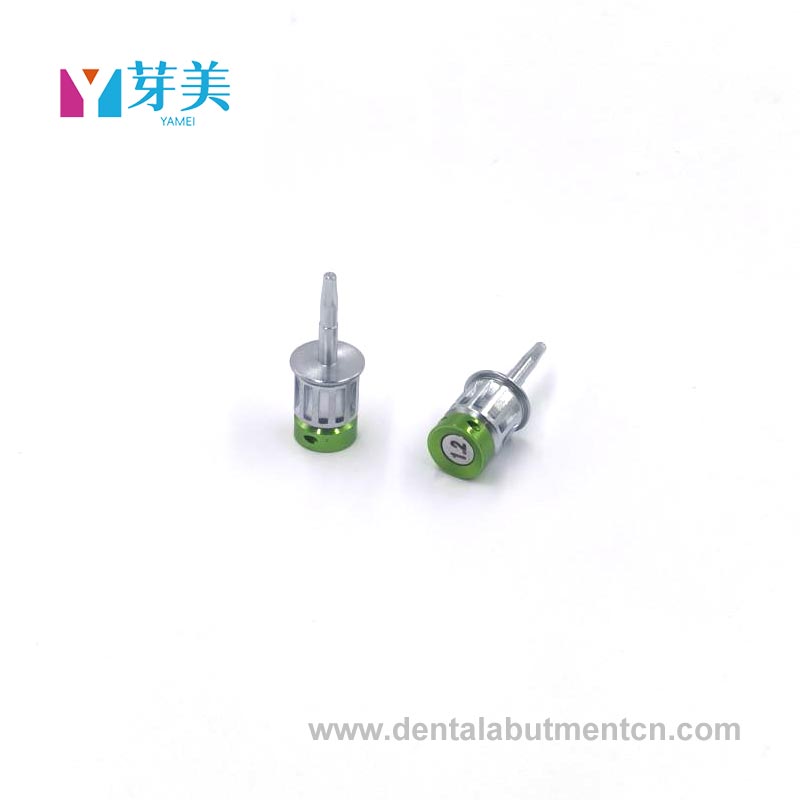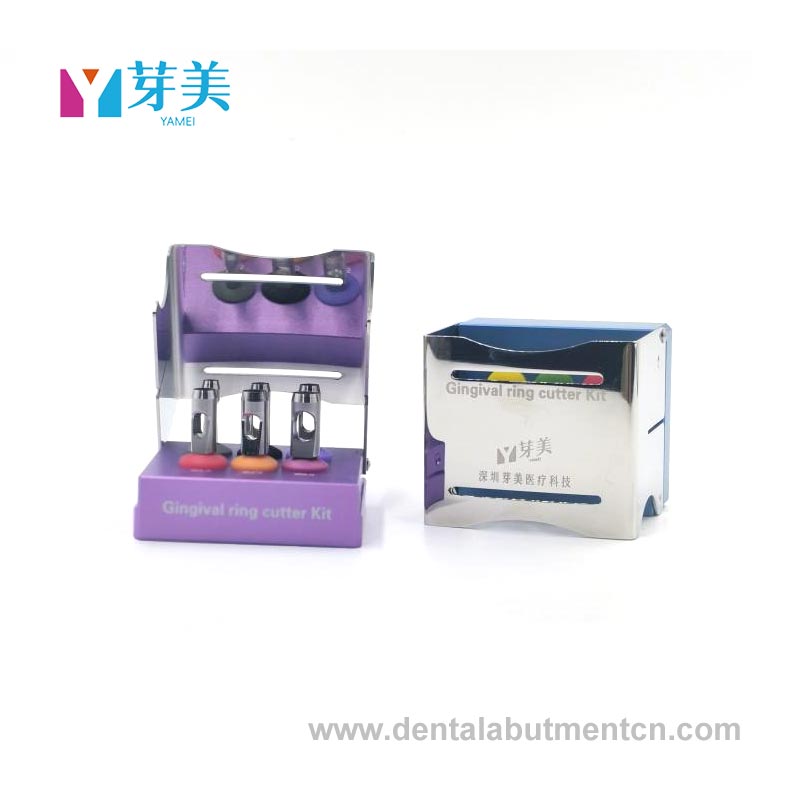- English
- Español
- Português
- русский
- Français
- 日本語
- Deutsch
- tiếng Việt
- Italiano
- Nederlands
- ภาษาไทย
- Polski
- 한국어
- Svenska
- magyar
- Malay
- বাংলা ভাষার
- Dansk
- Suomi
- हिन्दी
- Pilipino
- Türkçe
- Gaeilge
- العربية
- Indonesia
- Norsk
- تمل
- český
- ελληνικά
- український
- Javanese
- فارسی
- தமிழ்
- తెలుగు
- नेपाली
- Burmese
- български
- ລາວ
- Latine
- Қазақша
- Euskal
- Azərbaycan
- Slovenský jazyk
- Македонски
- Lietuvos
- Eesti Keel
- Română
- Slovenski
What Makes Dental Surgical Tools Crucial for Precision and Safety?
-
What Are Dental Surgical Tools and Why Do They Matter?
-
How to Choose the Right Dental Surgical Tools for Clinical Excellence?
-
What Role Do Dental Torque Wrenches and Surgical Drill Bits Play?
-
Why Yamei Dental Surgical Tools Deliver Reliability and Long-Term Value?
1. What Are Dental Surgical Tools and Why Do They Matter?
Dental surgical tools are the foundation of precision-based dentistry. From tooth extraction to bone grafting, periodontal surgery, and implantology, these instruments allow clinicians to work with accuracy, reduce patient trauma, and ensure faster healing. The importance of surgical tools in dentistry is not limited to performance—it directly impacts clinical outcomes, patient satisfaction, and long-term oral health.
Why are they vital? Because every dental procedure requires specialized tools designed for specific functions: cutting, drilling, tightening, lifting, or grafting. Without the right instruments, even the most experienced clinician risks complications.
Dental surgical tools are manufactured with medical-grade stainless steel, titanium alloys, or high-density carbide, ensuring durability, sterilization safety, and ergonomic handling. Their surface treatment often involves passivation or polishing to resist corrosion and maintain longevity in sterilization cycles.
Core Advantages of Dental Surgical Tools:
-
Enhanced surgical precision.
-
Minimized patient trauma.
-
Shorter chair time and faster healing.
-
Lower risk of complications.
-
Improved ergonomics for dental professionals.
Below is a professional parameter comparison of commonly used dental surgical tools:
| Tool Category | Primary Function | Material | Sterilization Compatibility | Typical Use Case |
|---|---|---|---|---|
| Dental Elevators | Tooth or root lifting | Stainless Steel | Autoclave safe | Extraction procedures |
| Bone Chisels | Bone contouring/removal | Stainless Steel | Autoclave safe | Periodontal and surgical dentistry |
| Forceps | Tooth extraction | Stainless Steel | Autoclave safe | General oral surgery |
| Scalpel Handles & Blades | Soft tissue incision | Stainless Steel | Autoclave safe | Periodontal surgery, grafting |
| Suturing Instruments | Tissue approximation | Stainless Steel | Autoclave safe | Post-surgical closure |
| Surgical Drill Bits | Bone drilling | Carbide/Titanium | Autoclave safe | Implant placement, bone shaping |
| Torque Wrenches | Torque-controlled tightening | Stainless Steel/Ti | Autoclave safe | Implant screw tightening |
2. How to Choose the Right Dental Surgical Tools for Clinical Excellence?
The decision to invest in dental surgical instruments should never be random. Dentists and oral surgeons need tools that are ergonomically designed, resistant to corrosion, and reliable under repeated sterilization. The selection process also depends on the type of procedures carried out in the clinic.
Key Considerations When Choosing Dental Surgical Tools:
-
Material Quality: Instruments must be made from high-grade stainless steel, titanium, or carbide to withstand repeated sterilization cycles without losing sharpness or structural integrity.
-
Ergonomic Design: Non-slip grips, balanced weight distribution, and precision edges reduce operator fatigue and enhance surgical accuracy.
-
Sterilization Compatibility: Tools must be fully autoclavable and resistant to corrosion caused by moisture, chemicals, and high temperature.
-
Procedure-Specific Selection: Oral surgeons need drill bits and torque wrenches for implants, while periodontists may rely more on chisels, elevators, and suturing sets.
-
Regulatory Compliance: Instruments should comply with ISO and CE standards, ensuring global recognition and patient safety.
Practical Benefits of Choosing the Right Tools:
-
Consistent treatment results.
-
Improved safety and patient comfort.
-
Reduced maintenance and replacement costs.
-
Compliance with international quality standards.
In a modern dental practice, the difference between average results and exceptional outcomes often comes down to the precision of the surgical tools.
3. What Role Do Dental Torque Wrenches and Surgical Drill Bits Play?
Among the wide spectrum of dental surgical tools, two stand out as critical instruments in implantology and surgical procedures: dental torque wrenches and surgical drill bits.
Dental Torque Wrench
A dental torque wrench is a precision device used to apply the correct amount of torque when tightening implant screws. Applying too much torque risks damaging the implant or surrounding bone, while too little torque may lead to screw loosening and implant failure.
Key Features of Dental Torque Wrench:
-
Adjustable torque range (10–50 Ncm).
-
Laser-engraved calibration for precision.
-
Ergonomic grip for controlled application.
-
High resistance to sterilization wear.
-
Compatible with multiple implant systems.
Parameter Overview – Dental Torque Wrench
| Specification | Detail |
|---|---|
| Torque Range | 10–50 Ncm |
| Material | Stainless Steel / Titanium Alloy |
| Sterilization | Autoclave (134°C cycles) |
| Calibration | Laser-engraved scale |
| Compatibility | Multi-implant system adaptable |
Why is it important? Because implant success depends not only on surgical skill but also on mechanical stability. The torque wrench provides that exact precision, ensuring long-term implant integration and durability.
Dental Surgical Drill Bit
The Dental Surgical Drill Bit is equally important in implantology, designed to create precise osteotomies (bone cavities) for implant placement. The quality of the drill bit determines bone preservation, heat management, and the accuracy of the implant bed.
Key Features of Dental Surgical Drill Bit:
-
Made from tungsten carbide or titanium alloy.
-
High cutting efficiency with reduced heat generation.
-
Sharp flute design for minimal trauma.
-
Depth markings for accurate drilling.
-
Compatible with implant handpieces.
Parameter Overview – Dental Surgical Drill Bit
| Specification | Detail |
|---|---|
| Material | Tungsten Carbide / Titanium Alloy |
| Diameter Range | 2.0–4.5 mm |
| Length Options | 8 mm – 18 mm |
| Surface Treatment | Diamond-coated or polished |
| Sterilization | Fully autoclavable |
Why is it important? Because every implant placement requires an exact osteotomy that protects bone tissue while ensuring maximum implant stability. A poorly designed drill bit can cause overheating, necrosis, or implant misfit.
4. Why Yamei Dental Surgical Tools Deliver Reliability and Long-Term Value?
Choosing the right supplier is just as critical as selecting the right instrument. Yamei Dental Surgical Tools are designed with the clinician’s needs in mind: durability, precision, and safety. Manufactured with strict adherence to international standards, Yamei products deliver consistent performance across implantology, periodontal, and oral surgery procedures.
Why Yamei Stands Out:
-
Advanced manufacturing techniques with CNC precision.
-
Compliance with ISO and CE standards.
-
Wide product range including torque wrenches, drill bits, elevators, chisels, and suturing instruments.
-
Superior ergonomics, reducing operator fatigue.
-
Proven longevity after repeated sterilization cycles.
For dental professionals aiming to improve clinical outcomes and patient satisfaction, investing in reliable tools is non-negotiable. Yamei continues to be a trusted brand for clinics worldwide, ensuring not just functionality but also long-term cost efficiency.
Frequently Asked Questions (FAQs)
Q1: What makes dental surgical tools different from general dental instruments?
Dental surgical tools are designed specifically for surgical procedures such as extractions, implantology, and bone grafting, with higher durability and precision compared to routine dental instruments.
Q2: How often should dental surgical tools be replaced?
With proper sterilization and maintenance, high-quality instruments like torque wrenches and drill bits can last years. However, replacement should be considered if signs of wear, corrosion, or calibration errors appear.
Q3: Why are dental torque wrenches critical in implant procedures?
They ensure implant screws are tightened with the correct force, preventing both over-tightening (which can damage bone or implants) and under-tightening (which can lead to loosening and implant failure).
Final Thoughts
Dental surgical tools are more than just instruments—they are essential partners in successful clinical practice. Whether it’s a torque wrench ensuring precise implant stability or a drill bit designed for bone preservation, the choice of tools determines the outcome. Yamei Dental Surgical Tools continue to provide dentists worldwide with products that balance innovation, safety, and reliability.
For clinics looking to elevate their surgical outcomes with trusted tools, contact us today to learn more about Yamei’s comprehensive range of dental surgical solutions.







